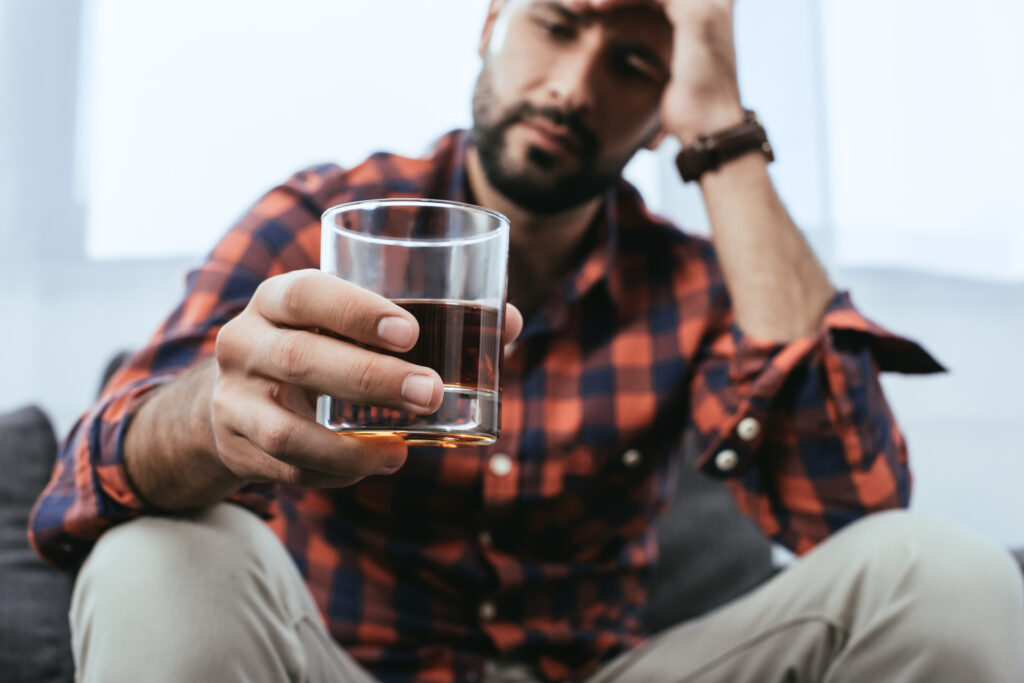In popular psychology, the term “arousal” has strong associations with sex and sexuality. While erotic arousal certainly is a hot topic (pun!), this article deals with its less-sexy-but-still-very-important cousin: psychological arousal.
In this article, we’ll explore how our need for regulation is a driving force in our decisions and habits, motivating behaviours that increase or decrease our level of arousal. We’ll also look at the importance of taking responsibility for the way we regulate our psychological states.
How Is Arousal Linked To Behaviour And Well-being?
The links between arousal and wellbeing have been studied for a long time, showing various relationships between arousal and behaviour/wellbeing.
From Henry Murray’s studies of human motivation (1938) to work by psychologists, such as John Atkinson (1957) and Robert Zajonc (1965), all the way to current research ranging from shopping habits to autism and sensory processing, arousal is linked to our subjective well-being, as well as to our motivation and ability to perform tasks.
Optimal Arousal: What Does It Mean?
Arousal is not static; it fluctuates throughout our day and throughout our lives. But even though it’s always changing, research suggests that individuals are driven to maintain an optimal level of arousal, i.e. to move towards a state of arousal that is preferred to them.

You can think about arousal like a staircase, with low-arousal states at the bottom (e.g. sleep) and highly alert, agitated states at the top (e.g. panic attacks). Somewhere in the middle, there is an alert state that is comfortable and useful for the situation or environment at hand. When arousal is too high or low, individuals may find lower subjective well-being, difficulty learning, and difficulty coping in general. That is where upregulating and downregulating come into play.
Upregulating And Downregulating
Much like Goldilocks finding the porridge that was just right, individuals tend to seek stimulation to increase their arousal when levels are low, and conversely will seek out relaxation or engage in downregulating behaviours when their arousal levels are too high.
For people who use drugs, this motion towards balance is often achieved through the use of substances broadly categorized as uppers and downers. Though even the sourcing or preparing of substances may play a part in upregulating or downregulating psychological states. When we drink a cup of coffee, take a deep breath, scroll on our phones, bounce a leg, or go see a friend, we are changing our state of arousal.
Regulating up or down is not one-size-fits-all. Just like people respond differently to pineapple pizza, the same activities can affect the arousal state of two people in two different ways, and even in different directions.
Generally speaking, behaviours such as exercise, adventures, puzzles and discussions tend to increase our arousal and fill us with motivation and a zest for life. Overdoing it (e.g. having way too much coffee) can take us over a threshold and decrease our overall well-being, causing anxiety and discomfort. Luckily, downregulating can be achieved through a variety of relaxation techniques, such as deep breathing exercises, meditation, seeing friends, or immersing ourselves in preferred activities.
Taking Responsibility For Regulating Our Psychological State
Regulating our psychological state is an ongoing and inescapable part of our existence. And, like anything in our lives, we can choose to take a more intentional approach to this aspect of our lives, making choices that support our own goals and well-being, as well as reduce risk & harm to ourselves and others.

By understanding that so much of what we do serves to manage our psychological arousal, we gain a better understanding of our motivation as well as more power over our own decisions. We can thus recognize our innate ability to change behaviours and unlock the potential for personal growth and transformation.
And while arousal regulation may seem complex, it is well within our power to make positive changes and to find ways to regulate that support our goals and well-being.
We all have the capacity to reshape our behaviours and make healthier choices.
Ready To Make A Change?
Sunshine Coast Health Centre and Georgia Strait Women’s Clinic are world-class centres for addiction and mental health treatment. We take an approach that recognizes the importance of the physical, psychological, social and spiritual aspects of individuals in treatment and recovery. If you or someone you know is struggling with substance use or mental health, give us a call today.
Sources:
https://www.simplypsychology.org/arousal-theory-of-motivation.html
https://psychmuseum.uwgb.org/environmental/arousaltheory/
https://www.griffinot.com/arousal-attention-sensory-processing-adhd-autism/
https://www.jstor.org/stable/2489012
https://www.psychologynoteshq.com/arousal-theory-of-motivation/



